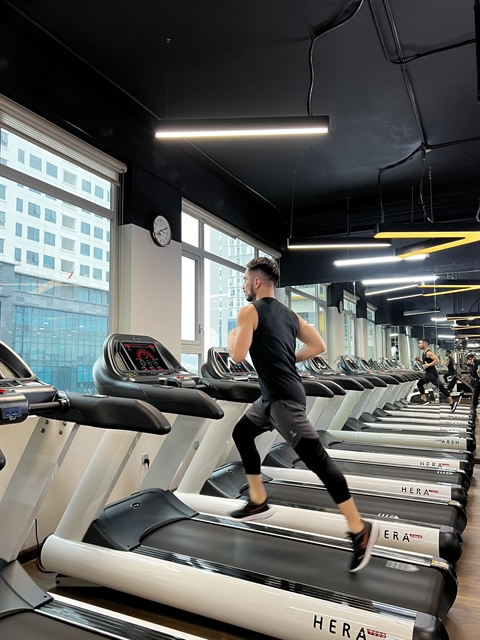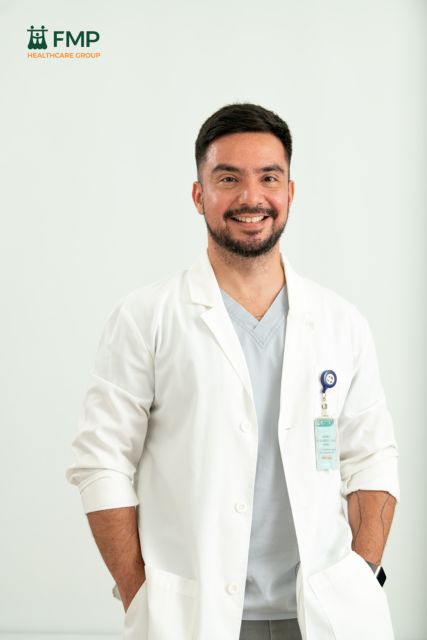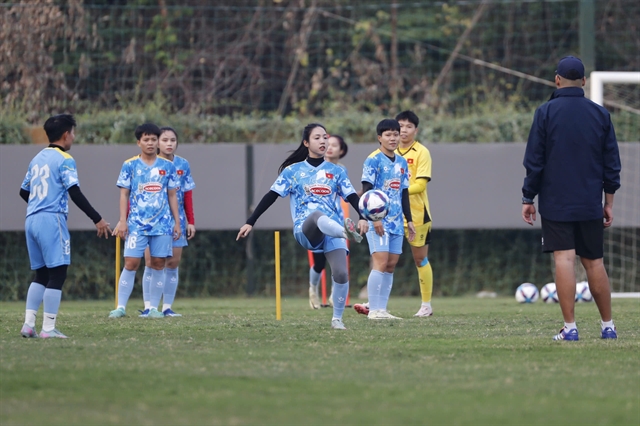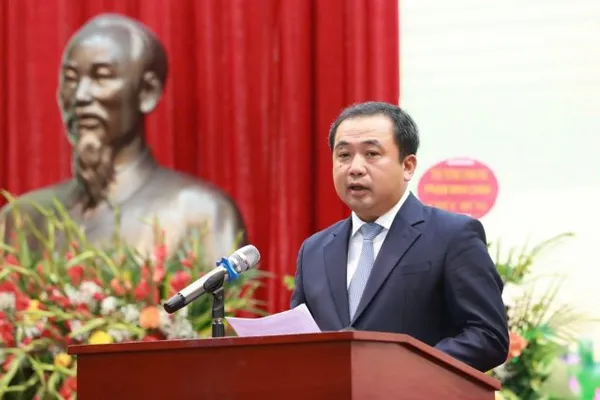 Life & Style
Life & Style

Dr Andres Sosa*
Every week in my office, I meet runners — passionate, committed, disciplined individuals, who come to me with pain, swelling or instability in their knees. Many of them suffer from meniscus and cartilage injuries common in runners, and yet, despite the symptoms, they ask the same question: “Can I keep running?”
It’s a fair question. Running is more than exercise; for many, it’s a lifestyle, a source of mental clarity and a deep personal passion. However, when the knee joint is compromised, especially due to meniscus and cartilage injuries, the desire to continue running must be balanced with a clear understanding of the risks and the appropriate treatment strategy.

|
| Running can be beneficial, but understanding meniscus and cartilage injuries is essential for long-term joint health. – Photo courtesy of Family Medical Practice |
Understanding the problem
The meniscus is a crescent-shaped pad of cartilage that acts as a shock absorber between the femur and tibia. When it tears, whether from trauma or repetitive strain, it can cause pain, catching, swelling or a feeling of instability.
Articular cartilage, meanwhile, is the smooth tissue covering the ends of bones in the joint. When damaged, it doesn’t regenerate easily. Cartilage injuries can lead to early onset of arthritis, persistent pain and ultimately, loss of joint function.
Meniscus and cartilage injuries in runners are particularly concerning because both structures are essential for knee health, especially in high-impact activities like running.
A dangerous myth many tell themselves is “If I can still run, it’s not that bad.”
This belief is surprisingly common, and dangerously misleading. Some runners assume that if they can 'push through' the pain, the injury isn’t serious. But cartilage damage and certain meniscal tears can progress silently until the degeneration becomes irreversible. In these cases, continuing to run without proper management often leads to worse outcomes, including chronic inflammation, joint deterioration and the need for more invasive surgery later.
Diagnosis is key
This is where I come in. A precise diagnosis is the cornerstone of an effective treatment plan. Using advanced imaging, physical examination and clinical expertise, I determine the exact nature of the injury: what structure is involved, how severe it is and whether it can be managed conservatively or requires surgical intervention.
Not everyone needs surgery — but some do.
The truth is, not all meniscal or cartilage injuries need surgery. Some can be treated successfully with rehabilitation, physical therapy, activity modification and biological injections. However, ignoring injuries that do need surgery only worsens the condition.
I’ve seen too many cases where early surgical intervention could have saved the joint, but was delayed due to fear, misinformation or wishful thinking. The result? Greater damage, longer recovery and in some cases, permanent limitations.
As an orthopaedic surgeon specialising in sports injuries, I don’t rush to the operating room. I offer balanced, honest advice based on the latest evidence and your specific case. If surgery is the right path, I explain the reasons, the risks and the expected outcomes clearly and professionally.
A path back to running
The goal is never just to fix the injury. The goal is to help you return to the activities you love — safely, intelligently and sustainably. That’s why I also offer structured rehabilitation programmes adapted to your condition and recovery stage. We focus on regaining strength, stability, mobility and confidence.
Meniscus and cartilage injuries don’t have to be the end of your running journey. Whether you’re a weekend warrior, a marathon runner or someone just trying to stay fit, there is a path forward. But it begins with the right diagnosis, the right treatment and a realistic plan that respects both your goals and your body’s current needs. – Family Medical Practice

|
| Dr Andres Sosa. Photo courtesy of Family Medical Practice |
*Dr Andres Sosa, an expert in orthopaedic surgery and sports medicine, specialises in advanced meniscus repair techniques. With training in Italy, the US, Spain and Singapore, he brings world-class expertise to Hà Nội, offering personalised care for active individuals and professionals.
FMP Healthcare Group operates medical centres in major cities including HCMC, Hà Nội and Đà Nẵng, offering consultations with international doctors, check-up centres and emergency ambulance services.
Visit FMP Hanoi 24/7 at 298I Kim Mã Street, Ba Đình Ward, Hà Nội.
To book an appointment, please call (024).3843.0784, or contact via WhatsApp, Viber or Zalo on +84.944.43.1919 or email hanoi@vietnammedicalpractice.com.




